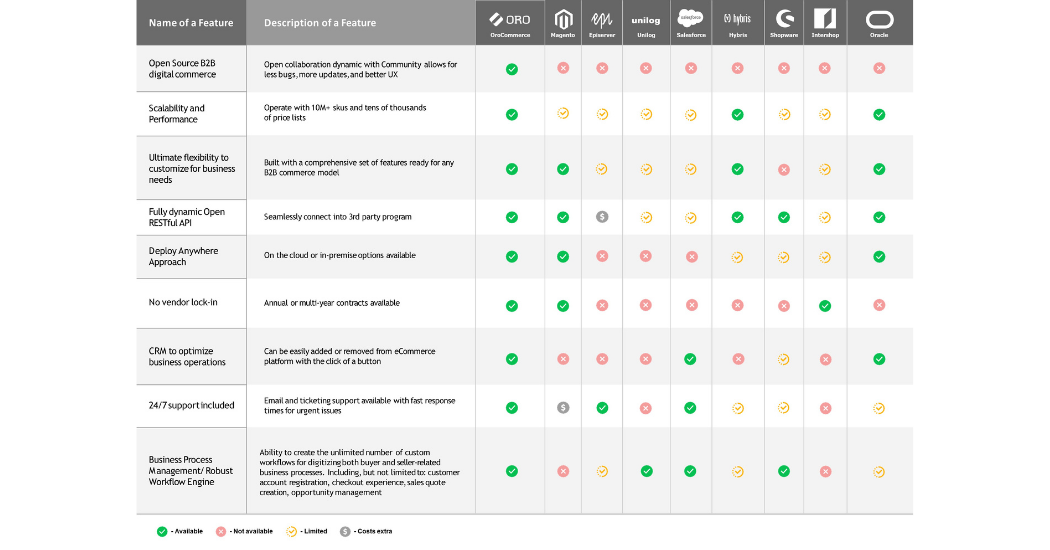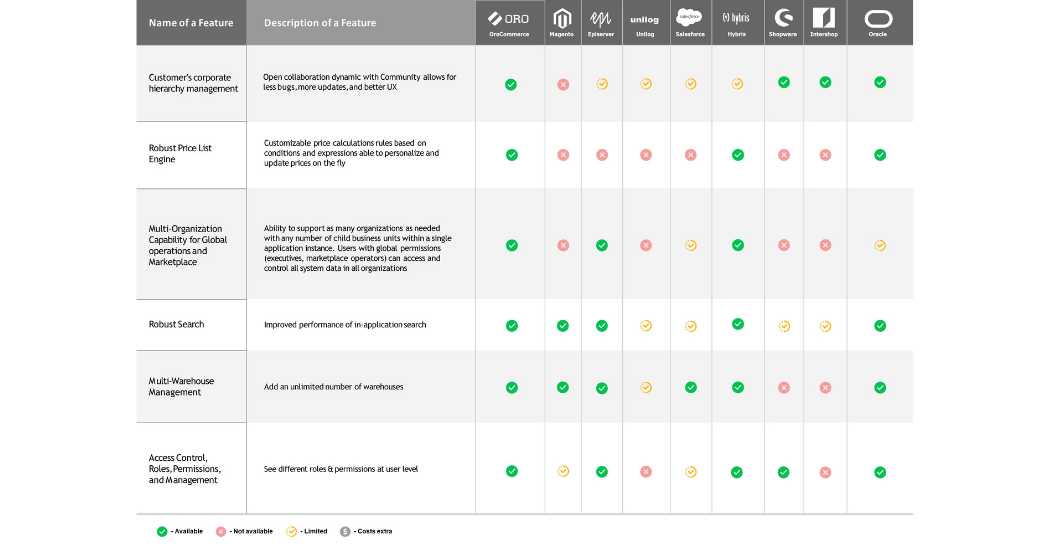According to Grand View Research, the global pumps market size was valued at USD 95.05 billion in 2019 and is expected to grow at a compound annual growth rate (CAGR) of 3.6% from 2020 to 2027. Rising investments for infrastructure development, such as water treatment and power generation, in countries of the Asia Pacific and Middle East & Africa are expected to boost the demand for pumps. The global water & wastewater treatment industry has gained significant momentum over the past few years. Rising demand for freshwater mainly owing to increasing population, rapid industrialization & urbanization, and technological developments, is also likely to boost the market growth. In addition, rising government expenditures for the development of a modern irrigation system in the agriculture sector is expected to drive market growth.
The need for these pumps and associated supplies is both ubiquitous and universal. COVID has emphasized that businesses of all sizes and across all industry sectors rely on pump supplies to achieve and maintain clean and safe infrastructure. During the pandemic, pump product SKUs more than doubled, yet out of stock or delayed delivery of product has flummoxed the supply chain.
There are options to stay fully stocked with the appropriate pumps and pump supplies. Increasingly these supplies are purchased online via ecommerce and pump distributors and supply companies carry all the variety of products and tools needed to keep an operation fully stocked and prepared. Unlike conventional supply companies, an eCommerce pumps supply company offers all products online. If there are out-of-stock items, other available options can be placed entirely online.
Orders are processed and shipped quickly, with convenient customer service representatives available via text, telephone, online pop-up chat, or email to answer any questions. More than three-fourths of all pump distributors and suppliers are estimated to be procured using an online eCommerce model during 2021.
B2B eCommerce vendors: Innovative solutions
B2B eCommerce vendors must remotely deliver innovative solutions for pump supply companies embarking on a digital transformation. Selection criteria should include all major analyst firms such as IDC, Gartner, and Frost & Sullivan.
The most comprehensive critical analysis of B2B eCommerce platform produced some surprising findings. Most notably so few options offered an open-source platform built from the ground up for mid-market and large eCommerce businesses. There were many groundbreaking flexible features coupled with a robust B2B features. Importantly, many of the solutions were not specifically designed for manufacturers, distributors, wholesalers, and multi-channel brands. An in-depth comparison of these solution providers is shown below.
Essential questions to ask B2B eCommerce vendors
Creating a Request for Proposal (RFP) from scratch can be challenging and time-consuming. Researching what delayed the evaluation and purchase of much needed B2B eCommerce solutions was confusion around what product features and deliverables were most important to the business. The challenge was exacerbated by a wide range of technical questions that should be asked when researching various B2B eCommerce vendors.
An RFP narrows down vendors when re-platforming. It places vendors on an even playing field, helping businesses determine which vendor is best suited. Ask the wrong questions and the answers will fail to advance the purchase decisions. Questions must address priorities on both the departmental as well as company (global enterprise) levels.
Recently, an effective RFP template was developed which potential vendors review and respond how they plan to meet specific company requirements. This template is a perfect starting point, yet B2B eCommerce vendors may need to expand responses based on perspective or industry sector experience.
The most essential questions to ask B2B eCommerce vendors will rapidly answer what best fits a business’ requirements both at present and in the future.
B2B eCommerce feature list
A structured list of the B2B eCommerce features includes pricing, catalog management, marketing capabilities, checkout flows, and more. Since the CIO will be involved in the decision-making process there must be questions answered regarding security, technologies used, and IT infrastructure required to support the system.
Licensing and pricing questionnaires must include all the must-ask tricky questions that help identify any hidden fees and additional expenses some vendors would never share at an RFP stage.
The matrix of B2B eCommerce vendors and features
Ultimately the question in complex decision-making is what makes one vendor better than another. Identifying the variables most important to each organization depends on the complexity of the operation. These decisions are not made in a vacuum nor a snap-shot of the company’s situation today, but rather the capacity to grow in scalability and performance well into the future.


Industrial buyers value the online shopping experience for pump supplies to validate both pricing and product comparisons and stock availability. Online procurement displays the full range of options available for any pump supply needs. Businesses compare products and costs, pre-determining the positive product attributes and limitations.
Because eCommerce distribution businesses carry a wider range of pump supplies, customers are given more variety when ordering. This model provides both a full range of name brand options as well as generic choices. A large range of customers drives access to more products, including all supplies and equipment in a dynamic one-stop-shopping experience.
As another important benefit, most businesses can save money via shopping online for pump products and replenishing pump-related supplies. This is possible because most companies offer products in bulk orders. By ordering in bulk, it is possible to buy items at wholesale prices, which can significantly reduce the overall costs. Many eCommerce sites also offer discounts for consolidated orders, so companies that order consistently will save with reduced shipping rates and deeper discounting.
Pump distributors recognize that offering both convenience and cost-efficiency is essential.. By shopping online for any needed supplies, businesses can easily compare prices and products, placing orders in bulk, saving both time and money.
Author Profile:
 Thomas R. Cutler is the President and CEO of Fort Lauderdale, Florida-based, TR Cutler, Inc., celebrating its 22 nd year. Cutler is the founder of the Manufacturing Media Consortium including more than 8000 journalists, editors, and economists writing about trends in manufacturing, industry, material handling, and process improvement. Cutler authors more than 1000 feature articles annually regarding the manufacturing sector. Nearly 5000 industry leaders follow Cutler on Twitter daily at @ThomasRCutler.
Thomas R. Cutler is the President and CEO of Fort Lauderdale, Florida-based, TR Cutler, Inc., celebrating its 22 nd year. Cutler is the founder of the Manufacturing Media Consortium including more than 8000 journalists, editors, and economists writing about trends in manufacturing, industry, material handling, and process improvement. Cutler authors more than 1000 feature articles annually regarding the manufacturing sector. Nearly 5000 industry leaders follow Cutler on Twitter daily at @ThomasRCutler.
Contact Cutler at trcutler@trcutlerinc.com.





Comments